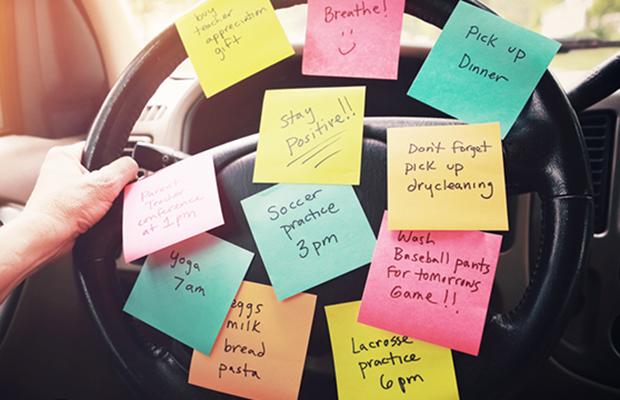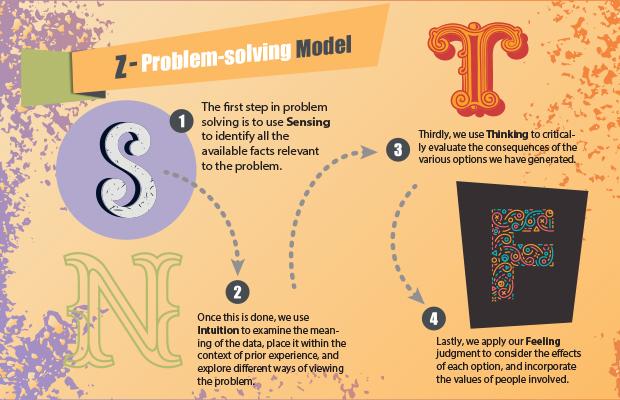The Bungee Cord Between Setting Limits and Respecting Choices with Middle School Tweens
Parents of children in middle school can feel they are caught by a bungee cord that whips them between giving their child independence and being fearful that the child is not ready to make decisions. Children this age are trying to establish their values as separate from the family, while at the same time loving the family and wanting to be part of that value system. Both parent and child experience the push and pull of this time period.
At times, problems may begin when the child's devotion and commitment to something, such as a sport, may be seen by the parent as a less important goal to consume their energies. They may want their child to focus on 'real' schoolwork in preparation for high school and college.
During the elementary years the child is more responsive to direction from adults and authority figures. Beginning in these tween years the child starts to listen to the inner drives that guide them. As much as possible, parents should listen to their child's interests and merge these with what is required. If football is important and academics are slipping, the battle should not be between football or academics. Instead, the focus should be a merger to respect both.
The goal is not a compromise. A compromise may neglect parts of each. The language might sound like this: "Wow, football is important to you and as a parent, academics and knowing you are getting a good academic foundation is important to me. So how can you balance your time best so you can do what you need to do in your athletic endeavors without risking failing your classes and without being under constant emotional stress because you have to go to a class without your assignment completed? Let's talk about how we are going to balance that time and balance your energy so you can get the best of both."
At this age, the parent must show some respect for the child's choices, but not abandon the family value they know is equally or even more important to what the child wants to do. One of the rules that I used throughout high school clarified a template for the child. I would say, "Final decision is yours when there is an honest choice that is yours to make. If there is a law or a rule, you do not break the law or the rule, period. You negotiate to change the rule for the next time, but you never just break it because you suddenly disagree with it. So any time somebody wanted to change their curfew or change a house rule, I would say, "What we do in Congress is we revise the law; we just don't break it. So you have to obey the rule this time but you can always sit down and negotiate for a change for the future." That seemed to respect the right of input for both parent and child, and reduced emotional reactions in the moment.
What if the child violates a rule? Apply a natural consequence or an identified consequence. Then sit down and negotiate any changes if changes are reasonable. Some will not be and then you can say this is not a rule that can be changed at this time. My children always challenged why I would not pay them for good grades. That was not something I wanted to do so I would not yield. We could always discuss the issue and they could present their views but the negotiation did not always result in the change they wanted.
Any time the tween begins to complain about rules remind them you are willing to discuss the issue with them. Explain you will let them present their views and you will present yours. Do not have the discussion that moment. Set a time where everyone can dedicate at least 15 uninterrupted minutes to sit together to discuss the issue. Hopefully, that date and time can happen within a day or two of the request. Fifteen minutes is more than adequate.
If emotions erupt and a lecture or argument begins, pause the negotiation and reschedule a time after an hour has passed. You are teaching your child to solve problems in an adult way and to respect differences without necessarily adopting the other person's view. This skill will serve them well, and it will reduce the snap back of that bungee cord.
You can learn more about the individual personality type of your kids and students by having them take the MMTIC® assessment. Get a better understanding of your own preferences by taking the MBTI® assessment.



_thumb.png)























































_thumb.png)
.png)